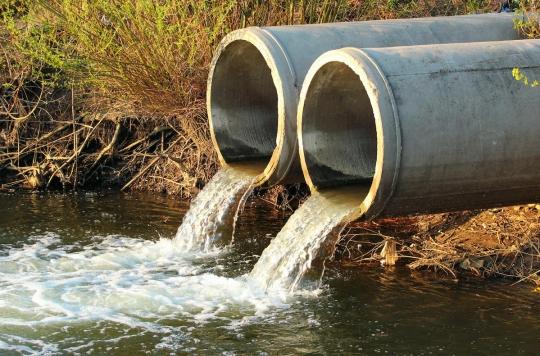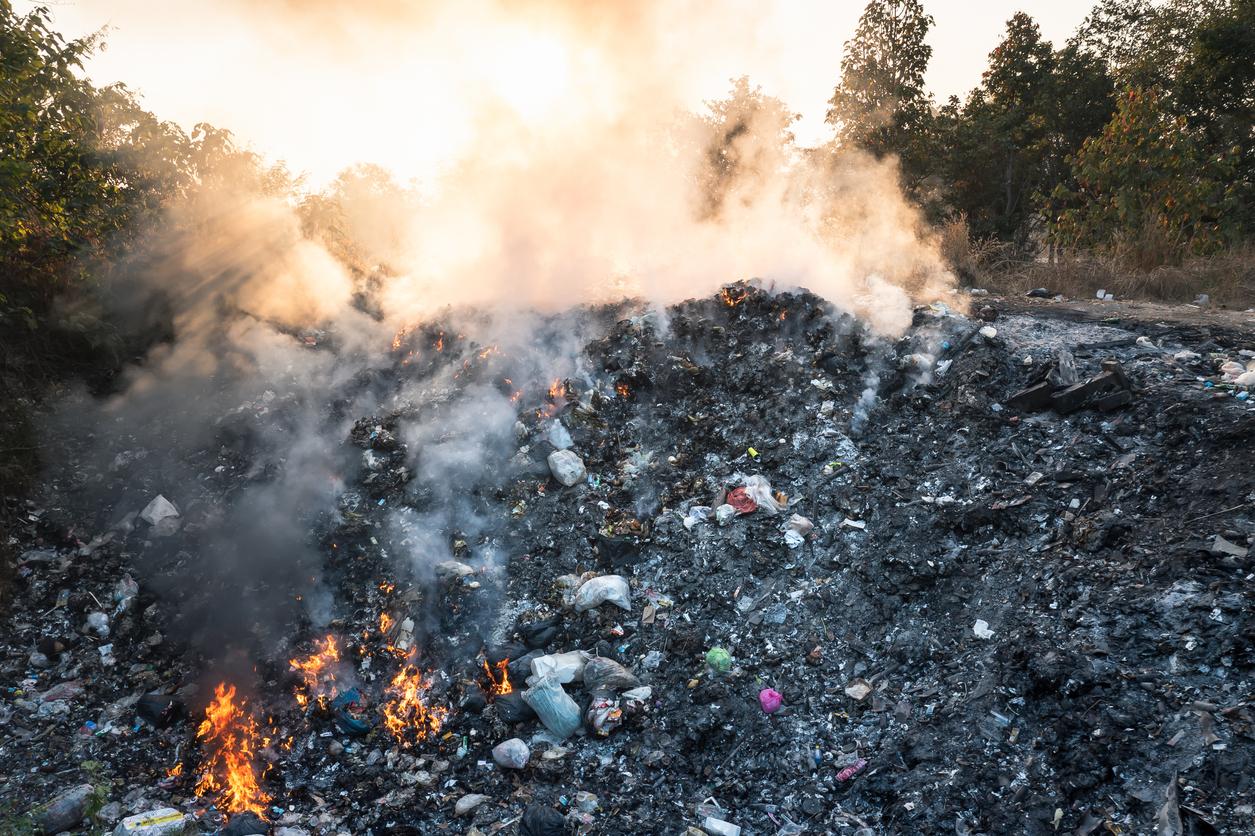The latest samples taken from the capital’s wastewater show a resurgence of the coronavirus, which may indicate a possible return of the virus to Paris.

- The virus is present in our stools, explaining that it is found, after our visits to the toilet, in the waste water.
- The virus was detected in sewage, revealing a possible epidemic rebound but this must be confirmed.
The presence of SARS-CoV-2 in wastewater makes it possible to assess the evolution of the circulation of the virus in populations. For this reason, Parisian wastewater is regularly spied on in order to anticipate a possible epidemic rebound. The latest samples reveal a resurgence of the virus, at minimal levels, likely indicating a slight resumption of the epidemic, as reported The world. The link between the level of the virus in sewage and Covid-19 cases has been reported by researchers, and published in the journal Medrxivas part of the “Obépine” project, on the basis of samples taken between March 5 and April 23.
Wastewater, a good indicator
The presence of the coronavirus in wastewater is explained by the fact that the virus is present in the stool. When an infected person goes to the toilet, he contaminates the water and the virus stays there for several days. The evolution of the level of contamination of wastewater therefore makes it possible to follow the epidemic trend in the capital almost directly. Wastewater “partly reflect the state of health of the population“, we underline at Eau de Paris.
Samples taken between June 22 and 25 revealed the presence of the virus in six of the twelve analyses. A presence which remains minimal and which was confirmed a week later by additional tests. “Is this a sign that with deconfinement, the epidemic is starting again?indicates to the newspaper The world Anne Souyris, Deputy Mayor of Paris in charge of health. This is the concern, but we need additional elements.” A caution shared by the Regional Health Agency (ARS) of Île-de-France. “We are aware of these analyses, but we must build the method to exploit them. We don’t want to go down the wrong path”, points out Aurélien Rousseau, the director of the ARS.
Slight epidemic rebound
Wastewater allows epidemiological monitoring that can guide strategies to combat the spread of the virus. The ARS is working with Eau de Paris and the Interdepartmental Syndicate for the Sanitation of the Paris Agglomeration to develop a methodology for tracking down the virus in the waters of the Ile-de-France region. “Wastewater analysis is an interesting tool for deploying targeted measures: setting up barnums [où les habitants peuvent aller se faire tester]vouchers sent by Health Insurance [pour un dépistage gratuit]”, confirms Aurélien Rousseau. Currently, the idea that emerges is the installation of sensors at strategic locations in order to link the flow of water analyzed to a district, then to cross-check this data with the results of virological tests.
A slight epidemic rebound is currently observed in France, without this requiring alarm for the moment. The curve “rises slightly in Yvelines, Hauts-de-Seine, Val-de-Marne and Val-d’Oise, unrelated to a change in the test rate, and continues to decline in the other departments”, indicates the health security agency Public Health France (SPF) in its regional epidemiological update of June 25. Some, like Professor Eric Caumes, head of the infectious diseases department at Pitié-Salpêtrière (AP-HP), are more worried. The latter says he fears a second wave “from this summer” and points to laxity in respecting barrier measures, in an interview at Parisian. “We treat the virus with contempt, we will catch up”, he laments.

















